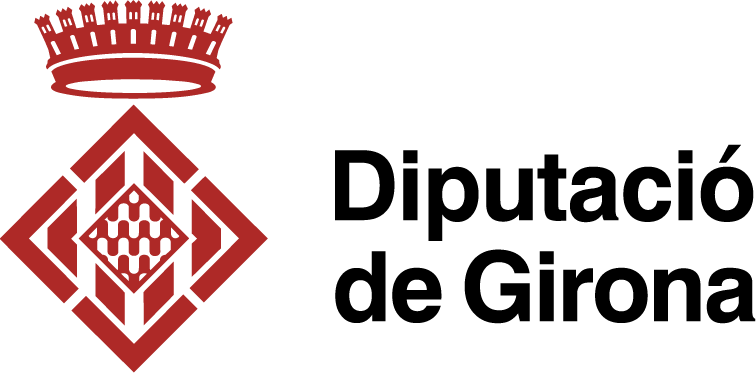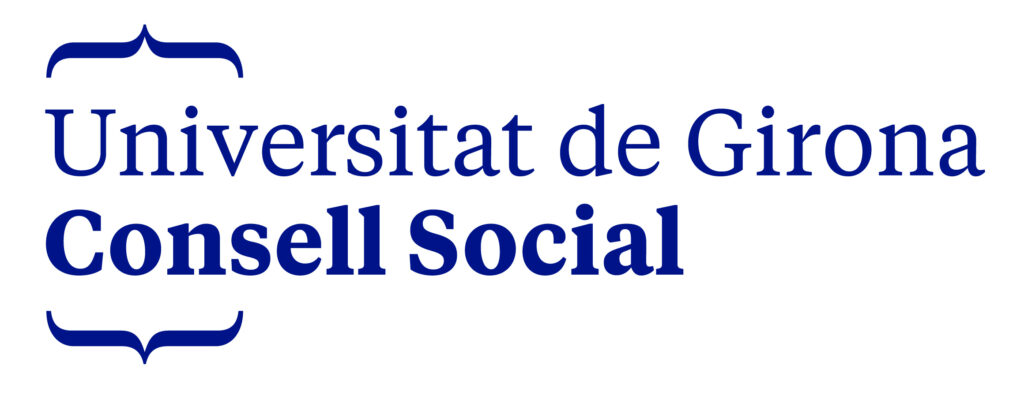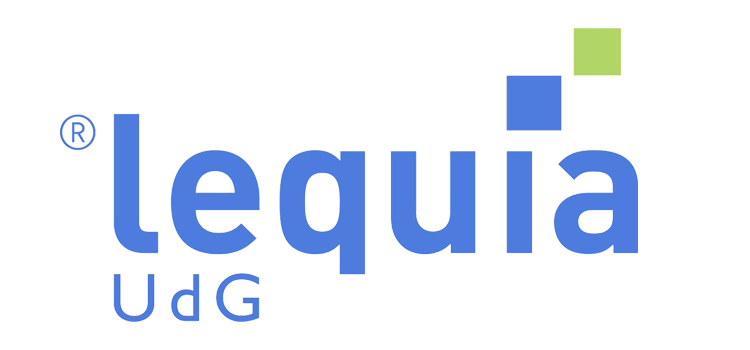Collaborative research for environmental justice – the EJOLT experience – Beatriz Rodríguez-Labajos (ICTA-UAB)
Tuesday 7th July, 10.00-11.30, UAB Campus
The emerging paradigm of collaborative research involves both researchers and non-researchers in close co-operative engagement. It encompasses an ample range of approaches, frameworks and methods, from interdisciplinary collaboration to transdisciplinary deliberation and citizen participation. Supported by the European Commission, the project Environmental Justice Organisation, Liabilities and Trade (EJOLT, www.ejolt.org) approached action against global environmental injustice from a collaborative research perspective. This session offers lessons about the advantages and limitations of this type of approach, based on insights gained along the five years of the project. Four different outcomes of the project will be used as showcases. They are related to a) the joint analysis of environmental justice success in mining conflicts around the world; b) the preparation of a policy brief for European policies on toxic waste disposal, based on research about shipbreaking in India; c) the scrutiny of the links between Degrowth and the work of environmental justice organisations in the Global South; and d) video making on environmental justice conflicts.
The session is open to introduce the experience of the participants in similar collaborative research experiences. If you have been involved in a collaborative research process that you want to share with your student colleagues, please contact Beatriz Rodríguez-Labajos (beatriz.rodriguez@uab.cat).
Background material: For reference, explore the web page www.ejolt.org/resources (starting from the ‘Browse by type’ box). Also read Martínez-Alier et al. (2011), for an explanation of collaborative research processes and the rationale of the EJOLT Project.




